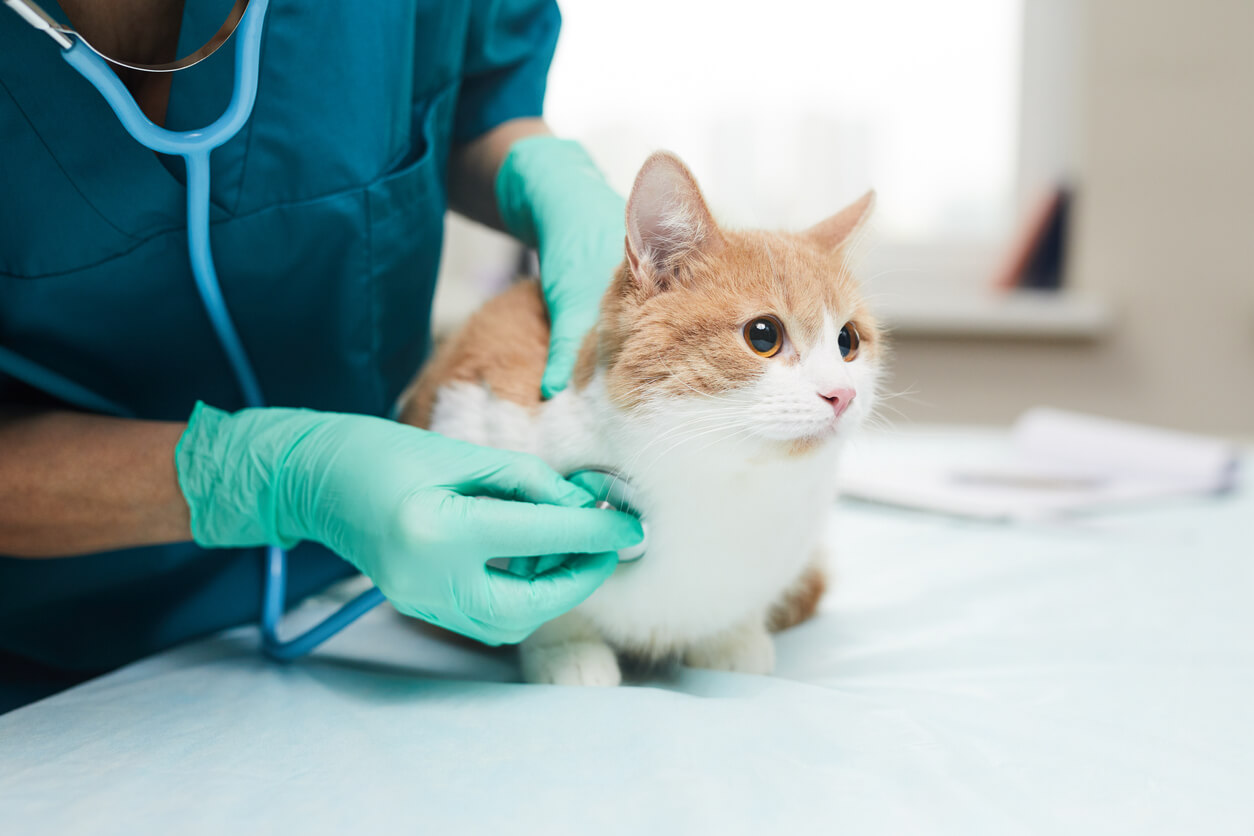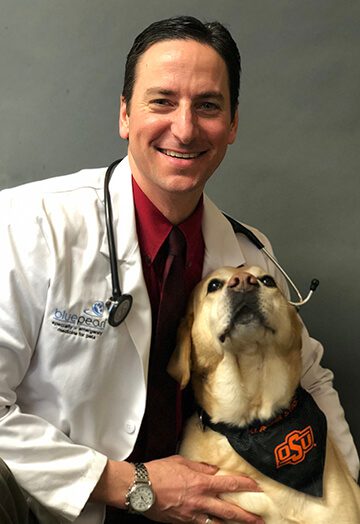Specialist Tips for Pet Nourishment From a Vet
Understanding the nutritional needs of animals is crucial for their total wellness and longevity. Veterinarians suggest a well balanced diet that accommodates individual factors such as task, age, and type degree. With the wide range of animal food alternatives readily available, pet proprietors typically find themselves browsing a landscape rife with false information and myths. As we check out vital ideas from vet specialists, it becomes apparent that proper nutrition is not just about what is fed yet entails a much deeper understanding of each animal's one-of-a-kind demands. What crucial insights could change your strategy to family pet nourishment?
Recognizing Nutritional Demands
Comprehending the nutritional needs of pets is fundamental to ensuring their general health and wellness. Much like people, animals call for a well balanced diet regimen that provides essential nutrients, including proteins, fats, carbs, vitamins, and minerals. These nutrients play crucial roles in numerous physical features, such as power manufacturing, immune reaction, and cells fixing.
They are made up of amino acids, some of which are essential and have to be acquired from food. Carbohydrates serve as a key energy source and can support gastrointestinal health and wellness when they consist of fiber.
Each pet may have one-of-a-kind demands based on factors such as age, breed, task level, and wellness condition. It is crucial to seek advice from with a veterinarian to identify the certain nutritional needs tailored to your pet dog's private requirements, ensuring they get optimum nourishment throughout their life stages.

Selecting the Right Food
It is essential to take into consideration factors such as age, dimension, type, and health and wellness status when selecting a pet food. Elderly animals might benefit from foods created to resolve age-related issues, such as joint wellness or weight monitoring.
When evaluating family pet food options, try to find items that satisfy the Association of American Feed Control Officials (AAFCO) standards, which make certain that the food provides full and balanced nutrition. Components ought to be top notch, with genuine meat as the main resource of protein. Avoid foods with extreme fillers, artificial ingredients, or byproducts, as these can interfere with the overall nutritional value.
Consulting with a vet can give customized suggestions based on your family pet's particular demands. In addition, transitioning in between foods ought to be done progressively to prevent stomach trouble. By taking these steps, pet dog proprietors can ensure that they are giving their furry friends with the most effective feasible nourishment for a healthy and balanced and satisfied life.
Usual Myths About Pet Food
Debunking misunderstandings surrounding pet food is vital for making certain optimal nutrition for our furry friends. One common myth is that all grain-free diet regimens are superior for family pets. Actually, grains can provide vital nutrients and are not inherently damaging. A balanced diet can include grains, offered they are not causing any type of allergic reactions or intolerances.

Furthermore, numerous pet owners believe that "premium" or "natural" labels guarantee better. These terms are often unregulated and do not necessarily indicate superior nutritional value. It is essential to inspect active ingredient listings and dietary profiles instead.
Unique Factors To Consider for Various Breeds
When it involves pet nutrition, special considerations must be considered for different breeds, as each type can have one-of-a-kind nutritional needs and sensitivities. For circumstances, large breeds such as Great Danes and Saint Bernards are prone to bone and joint concerns and may take advantage of diet regimens formulated to sustain joint wellness, often featuring active ingredients like glucosamine and omega fats. Alternatively, little breeds like Chihuahuas might require higher calorie densities to satisfy their power levels, demanding formulas that are abundant in nutrients yet lower in bulk.
In addition, specific types may be predisposed to particular health problems, such as food allergic reactions or sensitivities. Breeds like Labrador Retrievers might battle with weight problems, requiring cautious section control and a balanced diet plan to keep a healthy weight. On the other hand, types such as Dachshunds might be much more susceptible to spine issues, prompting a requirement for diet regimens that advertise spine health and wellness and weight administration.
Ultimately, understanding these breed-specific dietary requirements is essential for pet owners. Consulting with a vet can help in selecting one of the most appropriate diet plan customized to a specific family pet's type, age, and wellness status, ensuring optimum nutrition and wellness.
Relevance of Regular Vet Examinations
Understanding the distinct nutritional demands of different breeds is just one aspect of liable pet ownership; normal veterinary check-ups play an important role in keeping general health and wellness. These examinations are crucial for Find Out More early discovery of wellness concerns, making my explanation sure that any type of potential troubles are attended to before they become significant. Normal brows through permit vets to monitor your animal's weight, oral health, and essential signs, which are crucial signs of total wellness.
Moreover, regular check-ups make it possible for veterinarians to offer tailored nutritional recommendations based on your pet's private health condition - Animal Hospital Greensburg. As pets age, their nutritional requirements may alter, and modifications may be required to stop obesity or nutrient deficiencies. Preventive care, including inoculations and parasite control, is also an essential element of these check outs, safeguarding your pet from numerous conditions
In enhancement to checkups, these consultations provide an outstanding possibility for animal proprietors to talk about behavior modifications or issues about their animal's eating routines. By focusing on routine veterinary check-ups, family pet proprietors can guarantee a longer, healthier life for their fuzzy companions, inevitably improving their high quality of life.
Verdict
To conclude, making sure optimal pet nourishment needs a comprehensive understanding of private nutritional needs, appropriate food choice, and recognition of common misconceptions. Unique considerations for numerous breeds must be accounted for, and routine vet check-ups play an essential duty in keeping an eye on wellness and dietary modifications. Abiding by AAFCO criteria and seeking advice from vets before making dietary changes will certainly enhance the health of family pets, eventually contributing to their longevity and high quality of life.
With the wide variety of family pet food options available, pet owners usually locate themselves browsing a landscape raging with misinformation and misconceptions. this hyperlink Each pet may have unique needs based on elements such as age, type, activity degree, and health standing. It is crucial to think about aspects such as age, size, type, and wellness standing when choosing a family pet food. Senior family pets might profit from foods created to resolve age-related issues, such as joint wellness or weight monitoring.
Understanding the one-of-a-kind dietary demands of various breeds is just one aspect of responsible pet ownership; routine veterinary examinations play an essential function in keeping general wellness.